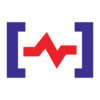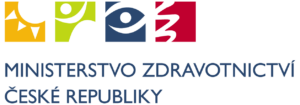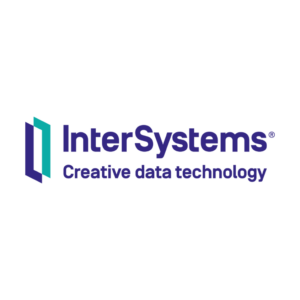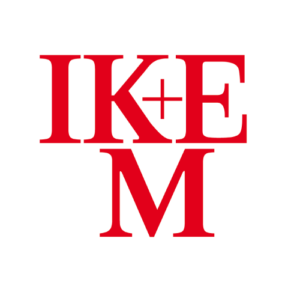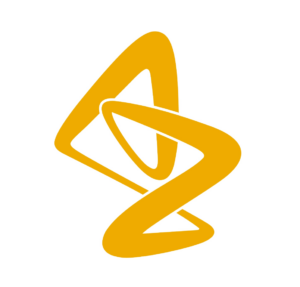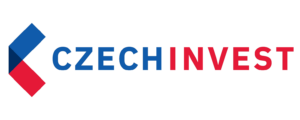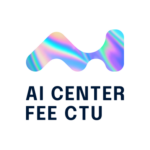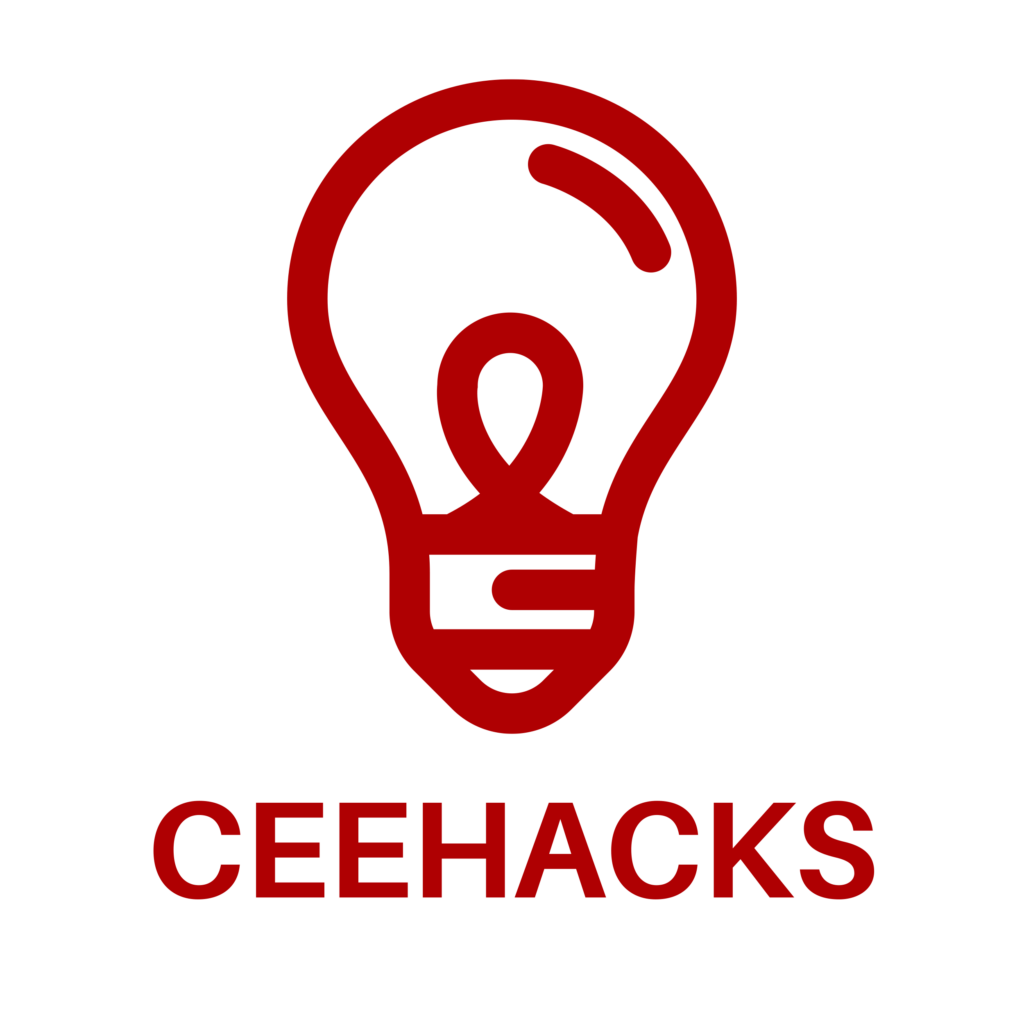EUROPEAN HEALTHCARE HACKATHON
7 - 9 MARCH 2025
Institute for Clinical and Experimental Medicine, Prague
7 - 9 MARCH 2025
Institute for Clinical and Experimental Medicine, Prague
Congratulations to winner of EHH 2025 team DataRx!
Special Prizes:
Caelestinus Prize: DataRx
IKEM Prize: DataRx
InterSystems Prizes:
1st place – Agentic Innovation
2nd place – Vividly Risky Group
3rd place – Balvan
Overall Winners:
1st place – DataRx
2nd place – Agentic Innovation
3rd place – Tres Comas
— PICTURES —
— PRESS RELEASE —
Watch the pitch session below.

LIVE STREAM
EHH is an international hackathon tackling some of the most pressing healthcare challenges today. We bring hackers, students, entrepreneurs, healthcare, and industry experts together to create new ideas and technologies for diabetology, surgery, transplantology, patient care and comfort. You can apply for free, as an individual, or as a team of 3 members.
TIMELINE
1
NOVEMBER – We are ON. Pre-register and be the first one to know.
2
DECEMBER – Registrations OPEN – Form a team of 3 members or apply as an individual and find a team on the spot.
3
19 FEBRUARY – Registration closed.
4
FEBRUARY – Invitations SENT – Watch out for an invite email with further instructions.
LET'S HACK
7 – 9 MARCH 2025
Offline track – We will be inviting up to 100 hackers (including teams and individuals) that will work on the challenges directly at IKEM in Prague. We will meet at Institut klinické a experimentální medicíny (Institute of Clinical and Experimental Medicine) – IKEM in Prague together with practitioners and other healthcare and technology experts who will be your mentors during the 48 hours hackathon.
AGENDA
HACKING DAY 1
(UPDATE) 7 MARCH – Friday – The hackathon starts at 1:00 PM CET with the opening ceremony for both online and offline hackers. Hacking will start at 5:00 PM CET.
HACKING DAY 2
8 MARCH – Saturday – Hacking continues. You will have a chance to join workshops and seminars organized by our partners.
CLOSING CEREMONY
9 MARCH – Sunday – Before 12:00 PM CET both online and offline hackers will submit their hacks and judges will start with the evaluation. At 5:00 PM CET the winner announcement ceremony will start.
PRIZES
CEE HACKS PRIZES
1st PLACE - EUR 2 000
2nd PLACE - EUR 1 500
3rd PLACE - EUR 500
InterSystems PRIZES
1st PLACE - EUR 1 500
2nd PLACE - EUR 1 000
3rd PLACE - EUR 500
CHALLENGES
1. MSP HUB
Develop a solution for real-time MSP data integration into NIS. For Impella, build a device (e.g., Raspberry Pi) to capture and transmit VGA output via Wi-Fi or LAN. A bonus challenge is linking the console to a patient (e.g., wristband scanning). For ECMO, create a microcamera-based device to extract key parameters and alarms for seamless NIS integration.
2.Omron Blood Pressure Monitor Integration
Integrate an Omron Bluetooth blood pressure monitor into NIS. The solution should automatically retrieve, process, and store BP readings without manual input, ensuring accurate and efficient monitoring.
3. Automated Proliferation Assessment in Neuroendocrine Tumors
Develop an AI-powered tool to automate the Ki-67 proliferation index assessment from pathology slides, improving diagnostic efficiency and ensuring standardized, accurate results.
4. DIA Guard
Develop an automated system for evaluating sensor data from diabetic patients before check-ups or upon request. The solution should triage data based on predefined criteria and, in the future, enable continuous automated assessment. A bonus challenge is integrating a virtual assistant for patient communication.
5. Automated CKD Stratification
Develop an AI-driven system to automatically assess CKD risk based on lab data (creatinine, eGFR, albuminuria) and patient history. The solution should detect rapid kidney function decline and classify patients by CKD stage (I-V) per KDIGO guidelines. A bonus challenge is integrating it into NIS with real-time alerts for significant eGFR drops (>10%). The system should be user-friendly for all physicians, not just nephrologists.
6. PATIENT CARE
Develop a gamified system for tracking health biomarkers with personalized missions based on a patient’s condition (e.g., CKD → eGFR, diabetes → HbA1c). The platform should motivate patients with goals, health levels, and achievement badges (e.g., “Hydration Master” for CKD). Additional features include interactive education (tips, quizzes, chatbot support) and integration with NIS, wearables, and manual symptom tracking for a comprehensive engagement-driven health tool.
7. GenAI – InterSystems IRIS Vector Search
You will gain access to the InterSystems IRIS data platform, which includes powerful built-in generative AI capabilities so that you can build smart applications powered by semantic search and generative AI over any type of data. Use Python / SQL / Langchain / Llamaindex to easily search your data with the power of embedding models, and build RAG on your data.
Challenge Quick start https://developer.
8. FHIR – InterSystems FHIR Services
Regardless on which medical challenge you are trying to solve – your solution will be way more powerful when it is capable to access patient medical data and contribute generated data back to the healthcare system in the industry accepted standard for healthcare interoperability – FHIR®. Enhance your hackathon solution with FHIR support, using InterSystems FHIR server.
Challenge Quick start https://developer.
